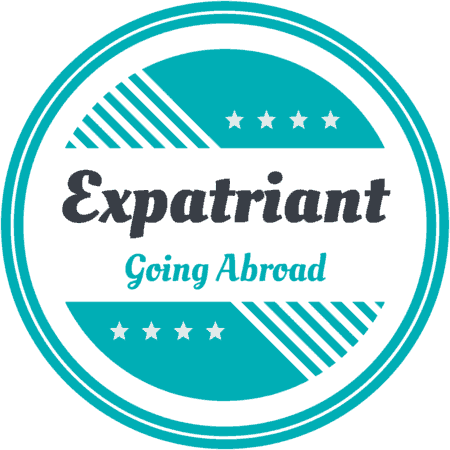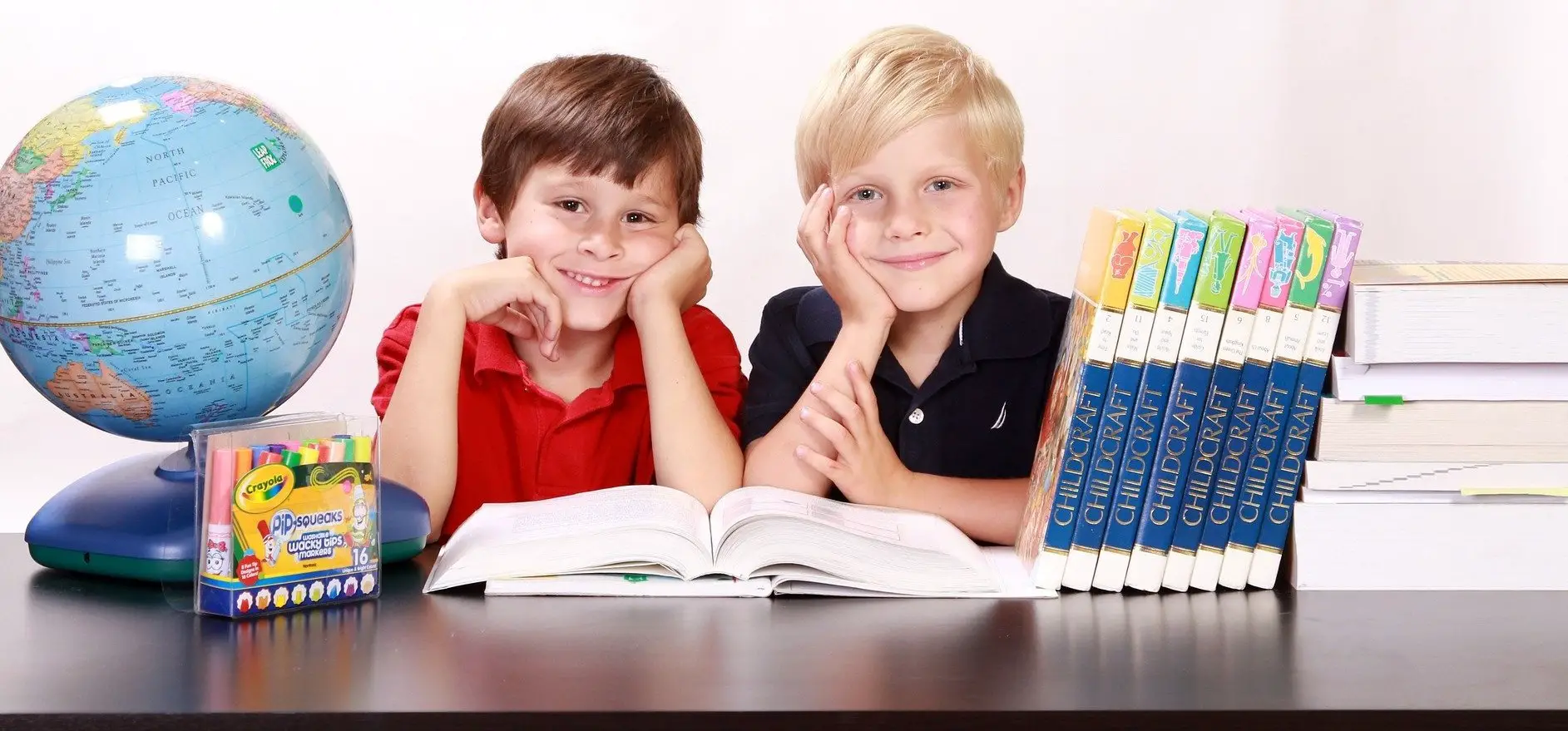Russian schools are probably a topic you want to know about if you are considering a move to Russia for a job and have a family. Fortunately, Russia has a very good primary education system, especially for a developing country. In fact, you might even be surprised that Russia’s education system is regularly rated as one of the best in the world. According to US News & World Report, the Russian education system is rated number 21 in the world. The World Bank also reports Russia’s literacy rate to be practically 100%, which is among the very highest in the world.
During the Soviet era, the general education system was objectively one of the best in the world. It produced some of the 20th century’s greatest minds. That being said, while Russia invests heavily in its education system, it has had difficulties since the fall of the Soviet Union. Most teachers are drastically underpaid, especially outside of major Russian cities.
The public Russian school system is also complemented by strong private schools, which are popping up around larger Russian cities and provide a fantastic education but at a cost.
Generally, Russian schools, when compared to the rest of the world, provide great overall education and it is free for all. Universities are a mixed bag and you need to make sure that the Russian university is well ranked globally. If you want more information about Russian universities, we have also prepared a guide to studying at Russian universities.
Let’s take a look at how the Russian school system is structured.
Detsky Sad or Day Care
In Russia, many families cannot afford to live on one income, so both parents usually work. Maternity leave is very generous in Russia (up to 3 years) and paternity leave is nonexistent. Most children at the age of 2-3 years old will go to detsky sad or kindergarten when their mother goes back to work. Detsky sad is roughly equivalent to daycare in the United States. The only big difference is that it is quite cheap even by Russian standards. It varies by region but is rarely more than $50 per month per child.
While at detsky sad, children will interact with other local children just like at a daycare in the US. There are activities and other fun things for children to do together. Usually, detsky sad is scheduled to last through the entire workday, for example, from 7 or 8 am to 5 or 6 pm.
One of the largest problems that expat parents face is that while detsky sads should be available at Russian prices, you must be a permanent resident to take advantage of the detsky sad nearest to where you live. Many expats living in Moscow on work visas have no real opportunity to send their children to public detsky sad. It is possible to pay for a spot in some of them, and you should ask your employer for instance in this regard.
Of course, there are many private detsky sads in Moscow, many of which have English, French, German, Finnish, Arabic, Chinese, and many other language teachers and lessons for the children. Prices can vary drastically and, of course, prices for non-Russian teachers and child care providers will be significantly higher. If you need daycare for your child in Russia, you should research the options available to you.
Here are some of the top international detsky sads in Moscow:
P’titCREF
Kids Estate
Britannia School
English Nurseries & Schools
Our Children – Our School
Fly High Montessori School
Highly-regarded, but Russian only sites:
ABC Kids International Preschool
Magic World
Happy Bee Montessori School
Kids Cooperation
Piccolo School
Baby Bilingual Club
Public Russian School System
The public school system is regulated at the federal level like most European countries, which makes Russian schools more or less uniform across the entire country. That being said, there are definitely regions around Russia where the level of education is lower and sometimes even significantly lower than in larger cities like Moscow or St. Petersburg.
The Russian school program is 11 years long and students usually begin at 6 or 7 years old. As we mentioned above, the Russian school system is well-regarded around the world. The school system in Russia provides a comprehensive education to citizens and permanent residents for free.
Subjects studied in Russian schools are a bit different than the West in that most subjects are studied every year. For example, each year the average student in a Russian school studies the following subjects: math, Russian, literature, geography, physics, chemistry, biology, history, social science, economics, music, art, physical education, English, and technology.
The grading system, while different from the United States, is very similar. Students are graded on a scale from 2 to 5.
- 5 – Excellent (like an A in the United States)
- 4 – Good (like a B in the United States)
- 3 – Satisfactory (like a C in the United States)
- 2 – Unsatisfactory (like an F in the United States)
One of the key differences between Russian schools and Western schools is the focus on rigidity. Russian schools have very little flexibility and students generally do not choose any subjects in school. Everyone studies every subject, even in higher grades. The style in which subjects are taught is also quite different and broad. Students in Russia are taught through memorization and recital of facts and there isn’t such a focus on learning to think critically and forming individual opinions. This is changing though, especially in big cities like Moscow. Russian students are incredibly well versed in literature, history, and geography, especially when compared to US students.
Everyone in Russia was required to finish all 11 years of education until 2005 when the Russian government made it possible to drop out after 9 years. The majority of those who drop out of school before finishing usually go to technical schools to learn trades as opposed to entering the workforce like in the United States.
Gymnasiums and Lyceums
It is also very common in most Russian cities to have gymnasiums and lyceums for students who are considered gifted and talented. These gymnasiums and lyceums are public for the most part, but the most elite schools in Moscow are private gymnasiums and lyceums. Students who attend gymnasiums or lyceums are typically those who go on to study in the best Russian and international universities.
- Lyceums are typically geared towards students who generally excel academically and offer specialized programs in subjects like math or science. Many lyceums are affiliated with Russian universities.
- A gymnasium is a special school that focuses on humanitarian subjects, including two or more foreign languages.
Before students leave school, they must take the Unified State Exam, which is similar to the SAT in the United States or A-levels in the United Kingdom. The Unified State Exam covers a broad range of subjects that students have studied and is known to be quite difficult. Interestingly, the Unified State Exam is required both to graduate from school and to enter a Russian university. The Unified State Exam in Russia is regulated and monitored by the Russian federal government.
Technical and Vocational Education
Russia has very developed technical and vocational education programs in the country. As mentioned above, students only have to finish 9 years of school before they can enter Russian technical or vocational programs. These are usually taught at “technikums” or colleges and last between one and four years. Common degree programs in technical education institutions are carpentry, tailoring, cookery, and automotive technology among other traditional technical programs in the West.
Russian Private School System
In recent years, the Russian private school system has developed tremendously. In Moscow, St. Petersburg, and a few other major Russian cities there are international schools for children of diplomats and Russian children. There are many elite private Russian schools in most major Russian cities as well. The curriculum can vary significantly from public Russian schools.
The elite private schools are most popular for students who are incredibly gifted in specific subjects. Most expats looking for a school wouldn’t consider top Russian private schools because the language of instruction is almost always Russian. There is a strong focus on English as well with older students learning certain subjects in English with teachers from the United States and the United Kingdom.
There are also a number of international private schools in larger Russian cities that teach based on Western education systems and expats with the means usually send their children there. You can even find schools that teach according to U.S. or U.K. educational requirements, but these schools tend to be quite expensive.
Here are some of the top international schools in Moscow:
The English School of Science and Technology (ESS)
Anglo-American School
British International School
Brookes School
Cambridge International School
Deutsche Schule Moskau (German)
English International School
Hinkson Christian Academy
International School of Moscow
Lycée Français de Moscou (French)
Scuola Italiana Italo Calvino (Italian)
Svenska Skolan i Moskva (Swedish)
Most of the English international schools in Moscow teach according to British or American standards, depending on the school. The Anglo-American School is the official school of the U.S., U.K., and Canadian embassies, but there are students there from more than 60 countries. Of course, the German, French, Italian, and Swedish schools all teach in those languages and have both expat and local Russian children.
Costs can vary significantly across international private schools. At some of them, it can cost as much as $30,000 per year to study at the school. This is definitely something to keep in mind when considering a job in Moscow. If you are being sent to Moscow by your employer, it is wise to discuss where your children will go to school.
Of course, the level of education provided by many of these schools is very high, easily exceeding that of some of the best public schools in the United States and Western Europe.
Conclusion
We hope that you learned something about Russian schools and the Russian education system. Many people have a negative image of the Russian education system, but it is actually one of the top-rated systems in the world. If you are considering a move to Russia with your family, there are many options to choose from. We do not have any affiliation with the schools listed here, but they are all well regarded and we feel comfortable in proposing them to at least start your search.
For a more detailed and technical look at the Russian education system, you can also check out the Education System Profile for Russia from World Education News + Reviews.

